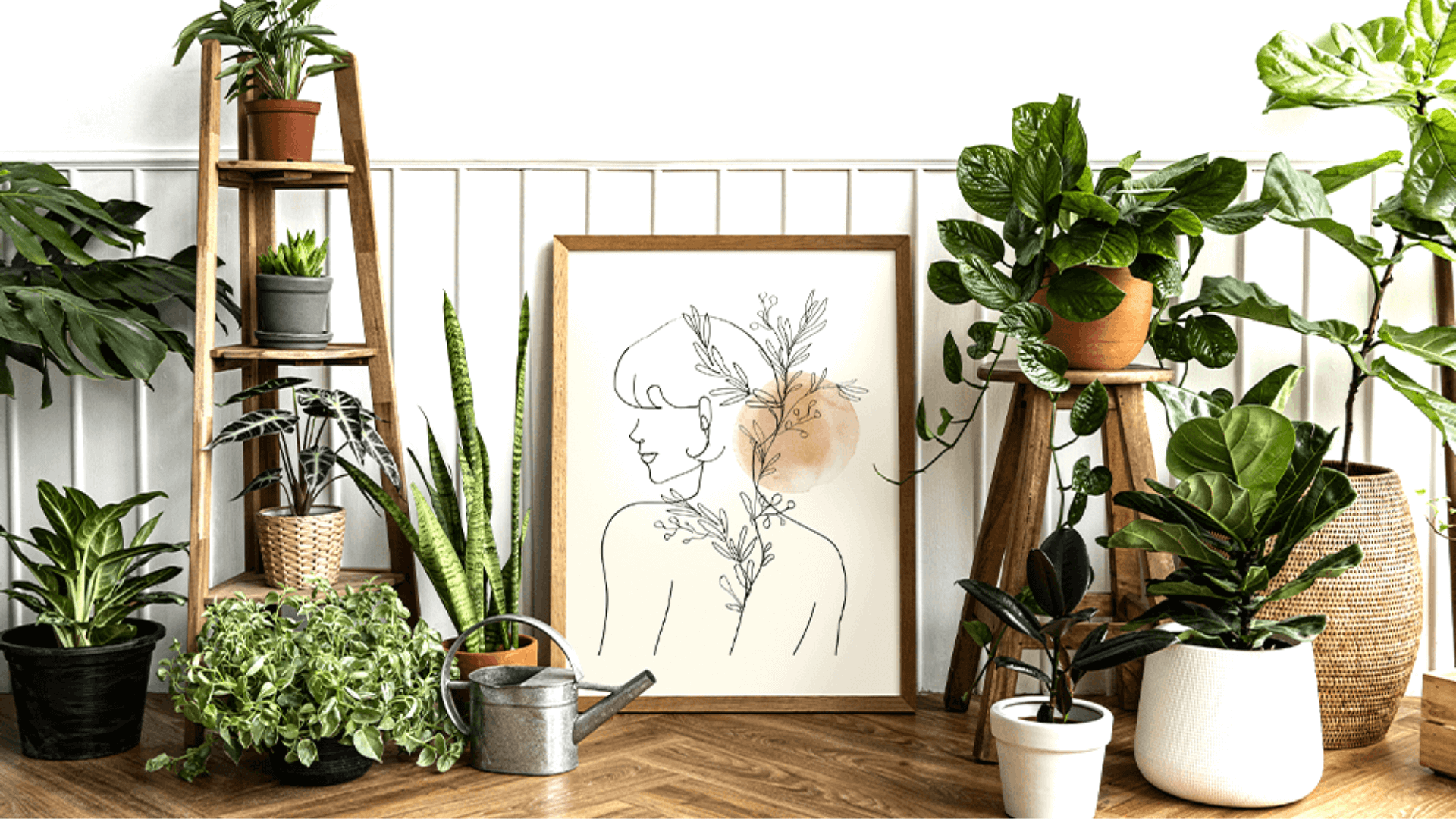A good night’s sleep plays a critical role in maintaining our mental sharpness, learning ability, and daily alertness. In today’s fast-paced world, achieving quality sleep can be challenging due to distractions like artificial light and digital screens. This is where the use of an eye mask for sleeping becomes important. Not only does it block out light, but it also helps improve sleep quality, which has a significant impact on both learning and alertness.
In this blog, we’ll explore how sleeping with an eye mask can affect your cognitive abilities, alertness, and overall well-being. We’ll also discuss tips for choosing the best eye mask for sleeping, how it enhances your sleep cycle, and why it’s beneficial for learners and professionals alike.
Why Sleep Quality Matters
Before diving into how an eye mask for sleeping affects learning and alertness, it’s important to understand the vital role sleep plays in our brain’s performance. Sleep helps consolidate memory, organize thoughts, and enhance cognitive function, all of which are essential for learning. Poor sleep quality or insufficient sleep negatively impacts focus, concentration, and mental agility, making it harder to absorb new information and stay alert throughout the day.
In today’s world, many people suffer from sleep disturbances, mainly due to exposure to blue light from screens, streetlights, or even the sunrise that wakes us earlier than we’d like. That’s where a good eye mask for sleeping comes in to help solve this issue.
How Does an Eye Mask Improve Sleep?
An eye cover for sleep is more than just a travel accessory. By wearing an eye mask, you can effectively block out artificial light that disrupts your sleep cycle. Research has shown that darkness stimulates the production of melatonin, a hormone responsible for regulating sleep. The more melatonin your body produces, the better your sleep quality.
When light is blocked, the brain is tricked into thinking it’s nighttime, regardless of the time or environment. This leads to deeper and uninterrupted sleep, allowing you to reach the stages of sleep crucial for learning and memory retention.
The Science Behind Sleeping with an Eye Mask
Several studies have explored how wearing a night eye cover can enhance sleep, which in turn improves learning and alertness. One study conducted by the University of Colorado showed that individuals who slept with an eye cover for sleep experienced higher levels of melatonin and enjoyed more restorative sleep compared to those who didn’t.
Here’s how this works:
- Melatonin production: When your eyes detect darkness, they signal your brain to release melatonin. Wearing an eye mask promotes melatonin secretion, helping you fall asleep faster and stay asleep longer.
- Increased deep sleep: Blocking out light helps you enter deeper stages of sleep (especially REM sleep), which is crucial for memory consolidation and learning.
- Better cognitive function: With quality sleep, your brain can better retain information, improve problem-solving skills, and stay alert during the day.
Eye Mask and Learning Ability
When it comes to learning, sleep is critical. Whether you’re a student preparing for an exam or a professional juggling multiple responsibilities, getting enough sleep improves your ability to absorb new information. Wearing a good eye mask for sleeping promotes better sleep quality, which positively impacts learning in several ways:
- Memory consolidation: When you sleep, your brain organizes and stores information learned throughout the day. A best eye mask for sleeping helps ensure you reach the deep sleep stages necessary for this process.
- Focus and concentration: Good sleep enhances your ability to focus, which is essential when trying to learn new skills or absorb information.
- Improved creativity: A well-rested brain is more creative and capable of problem-solving. Sleeping with a night eye cover ensures uninterrupted rest, allowing your brain to function at its best.
In essence, the better you sleep, the better you learn. This is especially true for individuals who struggle to sleep in brightly lit environments or during the day.
Eye Mask and Alertness
Alertness is vital for both productivity and safety. Lack of sleep can leave you feeling sluggish, irritable, and mentally foggy, which affects your ability to perform well at work or school. By using an eye mask for sleeping, you can improve your overall alertness in several ways:
- Increased energy levels: With deeper sleep, your body and brain are more refreshed, leading to higher energy levels during the day.
- Improved reaction time: Adequate sleep sharpens your reaction time, which is essential for tasks that require quick thinking, such as driving or handling machinery.
- Better mood: Poor sleep often leads to irritability and mood swings. Wearing a good eye mask for sleeping can prevent this by improving the quality of your rest, keeping you in a more positive and alert state throughout the day.
How to Choose the Best Eye Mask for Sleeping
When selecting the best eye mask for sleeping, there are several factors to consider. Not all eye masks are created equal, so it’s important to find one that suits your personal comfort and sleep needs. Here are a few tips:
- Material: Look for a mask made of soft, breathable fabric such as silk or cotton. These materials feel gentle on the skin and don’t cause irritation.
- Design: Choose an eye mask that fits securely but isn’t too tight. Adjustable straps can help you customize the fit.
- Light-blocking ability: Some eye masks offer 100% blackout, while others allow some light to pass through. If you’re sensitive to light, choose one that provides complete darkness.
- Breathability: The mask should be breathable to prevent discomfort or sweat during the night.
Some of the best eye masks for sleeping come with added features like cooling gel or contouring around the eyes to prevent pressure on your eyelids, making them ideal for long-term use.
How Does Wearing an Eye Mask Help During Travel?
If you’re someone who frequently travels for work or leisure, a night eye cover is an excellent companion. Airplane cabins, hotel rooms, or unfamiliar environments often have lighting that makes it difficult to sleep. An eye mask blocks out those distractions, allowing you to catch up on sleep during long flights or unfamiliar sleeping conditions. Improved sleep during travel helps you stay alert and mentally sharp when you arrive at your destination, ensuring you’re ready to make the most of your trip.
Conclusion
Wearing an eye mask for sleeping is a simple yet effective way to improve your sleep quality, which in turn boosts learning and alertness. Whether you’re a student preparing for exams or a professional needing to stay sharp at work, getting uninterrupted, high-quality sleep is essential. An eye mask helps block out light, stimulates melatonin production, and ensures you achieve the deep sleep necessary for cognitive function, memory retention, and alertness.
So, if you’re struggling with sleep disturbances caused by light, investing in a good eye mask for sleeping can make a significant difference in your daily performance and overall well-being. Try it for yourself, and experience the benefits of better sleep today with Curious Kasturi!
People Also Ask
An eye mask for sleeping improves sleep quality by blocking out light, which helps increase melatonin production. Melatonin is the hormone responsible for regulating sleep cycles. With more melatonin, you can fall asleep faster and stay asleep longer, resulting in deeper, more restorative sleep.
Yes, wearing a good eye mask for sleeping helps improve learning and memory by promoting deeper sleep. Deep sleep, especially REM sleep, is crucial for memory consolidation, where the brain processes and stores new information. Better sleep quality results in improved cognitive function and learning ability.
Blocking light helps improve sleep because light signals your brain to stay awake. By using an eye cover for sleep, you block external light, which triggers melatonin production. This hormone tells your body it’s time to rest, allowing you to fall asleep faster and experience uninterrupted sleep.
Yes, using a night eye cover can make you more alert during the day by improving your sleep quality. Better sleep ensures you wake up feeling refreshed, which enhances concentration, focus, and overall mental alertness. It helps prevent the sluggish feeling often caused by poor or interrupted sleep.
Absolutely. Eye masks are beneficial for shift workers or anyone with irregular sleep schedules because they help create a dark, sleep-friendly environment, even during the day. This enables the body to produce melatonin, promoting better rest regardless of the time of day.
The best eye mask for sleeping is typically made from soft, breathable materials like silk or cotton. These materials are gentle on the skin, lightweight, and won’t cause irritation. Breathability is key to ensuring you remain comfortable and avoid sweating during sleep.
Sleep affects cognitive function by allowing your brain to rest and recover. During deep sleep stages, your brain consolidates memories, improves problem-solving abilities, and organizes information. Without adequate sleep, your focus, learning, and cognitive function are impaired, making it harder to retain new information.
Yes, while blackout curtains block light in a room, an eye cover for sleep is a personal accessory that you can take anywhere. Eye masks offer a portable solution for light blocking, especially useful during travel or if you can’t install blackout curtains in your room.
Yes, an eye mask can help with jet lag by promoting better sleep in different time zones or environments with unfamiliar lighting. By blocking out light, it helps you fall asleep faster, which can reduce the negative effects of jet lag and help you adjust to a new schedule more quickly.
Wearing a good eye mask for sleeping can help reduce anxiety or insomnia by creating a calm, dark environment that signals your body it’s time to sleep. Darkness helps calm the nervous system, and the gentle pressure from the mask can promote relaxation, which can be beneficial for those dealing with sleep disorders.
A well-designed eye mask for sleeping should not cause discomfort or pressure on your eyes. Look for masks with contoured designs or adjustable straps to ensure a comfortable fit. Masks that are too tight can be uncomfortable, so choose one that fits snugly but doesn’t press against your eyelids.
Yes, night eye covers are generally safe to use every night. They offer a natural way to improve sleep quality without the need for medication or other sleep aids. Just make sure to clean your mask regularly to avoid skin irritation or other hygiene concerns.
Yes, many people find that wearing an eye cover for sleep can help with headaches or migraines, especially those triggered by light. Blocking out light and applying gentle pressure to the forehead can provide relief and create a relaxing environment, which may reduce headache symptoms.
You can wear an eye mask for sleeping throughout the entire night for the best results. Continuous use helps ensure that you remain in a dark environment, promoting uninterrupted sleep. The longer you use it, the better your chances of experiencing improved sleep quality and alertness.
Yes, by enhancing sleep quality, an eye mask for sleeping indirectly improves focus during the day. Better rest leads to better brain function, which helps you concentrate on tasks, stay alert, and perform better at work or in school.



